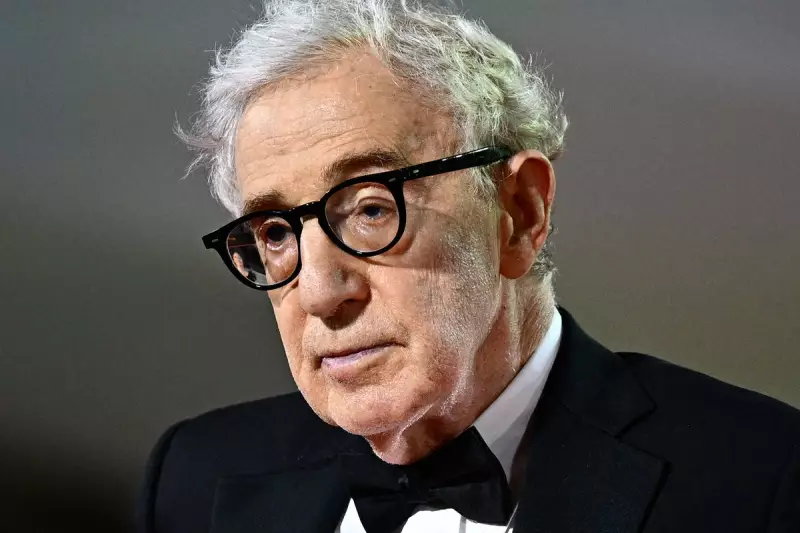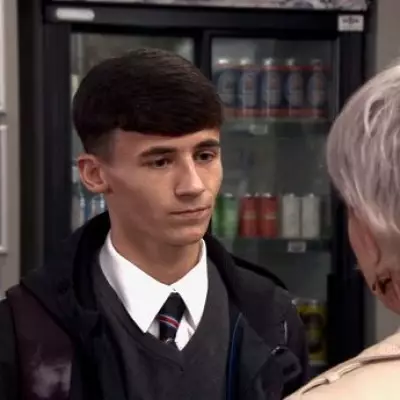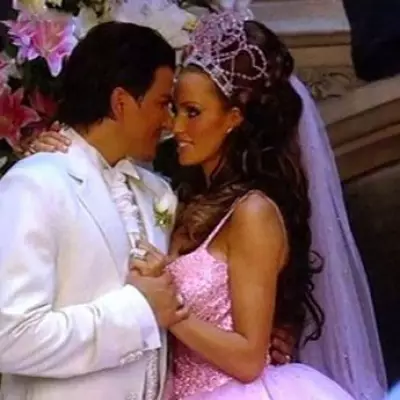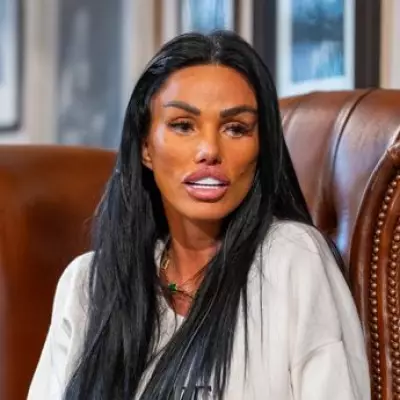
In a move that has reignited one of Hollywood's most enduring and divisive controversies, comedian and talk show host Bill Maher has mounted a vigorous public defence of filmmaker Woody Allen.
The discussion unfolded on Maher's HBO show, Real Time, where he challenged the prevailing narrative that has seen Allen effectively ostracised from the industry. Maher criticised what he termed the "certainty" with which people have condemned Allen, arguing that the case is far from clear-cut.
The Heart of the Controversy
Maher's defence centres on the long-standing allegations made by Dylan Farrow, Allen's adoptive daughter, who has accused the director of sexually assaulting her as a child in the early 1990s. Allen has consistently and vehemently denied these allegations.
Two separate investigations were conducted at the time. Notably, a team of child abuse specialists at Yale-New Haven Hospital found no evidence of abuse. However, the case was never brought to trial, with the presiding Connecticut prosecutor stating he had "probable cause" to proceed but opting not to, to spare the young Dylan the trauma of a trial.
A Clash of Narratives in the #MeToo Era
Maher's comments thrust the complex case back into the spotlight, forcing a uncomfortable conversation about justice, reputation, and the nuances of historical allegations. He positioned his argument within a broader critique of "cancel culture," suggesting that the public's rush to judgement often overrides legal process and presumed innocence.
This stance puts him directly at odds with the powerful momentum of the #MeToo movement, which has advocated for believing survivors and holding powerful figures accountable outside of often-failing legal systems.
The Fallout and Industry Exile
The allegations, which have shadowed Allen for decades, gained renewed potency during the height of #MeToo. The subsequent fallout has been significant.
Major actors have publicly expressed regret for working with him, and distributors have abandoned his films. Allen, once a prolific and celebrated auteur, has found it nearly impossible to secure funding or distribution in the United States, effectively ending his career in the industry that once revered him.
A Family Divided
The case remains a painful schism within Allen's own family. Dylan Farrow, supported by her brother, journalist Ronan Farrow, has repeatedly and courageously spoken out about her experience.
Conversely, Allen's wife, Soon-Yi Previn (the adopted daughter of Allen's former partner, Mia Farrow), and their children have defended him, creating a stark and public family divide that adds layers of complexity to the story.
An Unresolved Cultural Debate
Bill Maher's intervention ensures that the Woody Allen debate is far from settled. It highlights the ongoing tension between the principles of #MeToo and concerns over due process and trial by media.
His defence forces a difficult question: can we, or should we, separate the art from the artist? And in the absence of a criminal conviction, what is the appropriate metric for judging an individual's guilt or innocence in the court of public opinion? The conversation, as Maher has proven, is still alive and fiercely contested.





